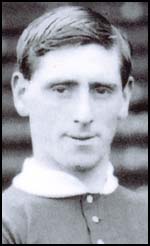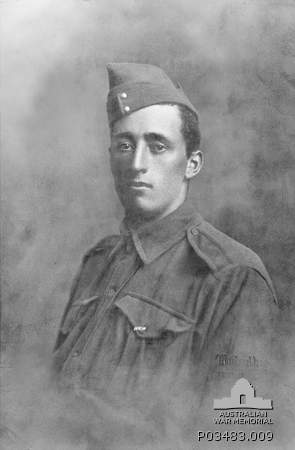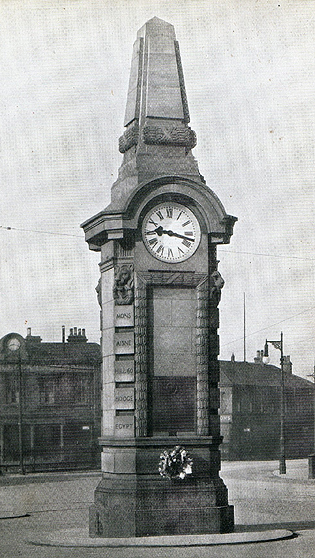Related Research Articles

The Arsenal Football Club, commonly known as Arsenal, is an English professional football club based in Holloway, North London. Arsenal compete in the Premier League, the top flight of English football. In domestic football, Arsenal has won 13 league titles, a record 14 FA Cups, two League Cups, 17 FA Community Shields and a Football League Centenary Trophy. In European football, they have one European Cup Winners' Cup and one Inter-Cities Fairs Cup. In terms of trophies won, it is the third-most successful club in English football.

Thierry Daniel Henry is a French professional football coach, pundit, sports broadcaster and former player. He is currently the manager of the France national under-21 and under-23 football teams. He is considered one of the greatest strikers of all time, and one of the greatest players in Premier League history. He has been named by Arsenal as the club's greatest ever player. Henry was runner-up for both the Ballon d'Or in 2003 and the FIFA World Player of the Year in 2003 and 2004. He was named the FWA Footballer of the Year a record three times, the PFA Players' Player of the Year a joint-record two times, and was named in the PFA Team of the Year six consecutive times. He was also included in the FIFA FIFPro World XI once and the UEFA Team of the Year five times. In 2004, Henry was named by Pelé in the FIFA 100 list of the world's greatest living players.

George Wall was an English footballer.
Larrett Roebuck was an English professional footballer who played in the Football League for Huddersfield Town as a left back. He was the first Football League player to be killed in the First World War.
John Thomas Cooper was an Australian rules footballer who played for Fitzroy in the Victorian Football League (VFL).

Joseph Alan Cordner was an Australian rules footballer who played for the Geelong Football Club and Collingwood Football Club in the Victorian Football League (VFL).
Arthur Montague Septimus Jones was an Australian rules footballer who played for the Fitzroy Football Club in the Victorian Football League. He was killed on 7 August 1915 in Ottoman Turkey during World War I.

Tommy Worle was an Australian rules footballer who played with Collingwood in the Victorian Football League. He was killed in action, in France, in World War I.
When World War I was declared in 1914, it had a negative effect on association football; in some countries competitions were suspended and players signed up to fight, resulting in the deaths of many players. Frederick Wall, Secretary of the Football Association, famously implied Jimmy Hogan was a traitor for spending the duration of World War I in Europe.

The 17th (Service) Battalion, Middlesex Regiment was an infantry battalion of the Middlesex Regiment, part of the British Army, which was formed as a Pals battalion during the Great War. The core of the battalion was a group of professional footballers, which was the reason for its most commonly used name, The Football Battalion. The 23rd (Service) Battalion, Middlesex Regiment was formed in June 1915 and became known as the 2nd Football Battalion. The battalions fought in the Battle of the Somme in 1916 among others. Soldiers who fought in the 17th and 23rd Battalions included Second Lieutenant Walter Tull, who was possibly the first black infantry officer in the British Army.
McCrae's Battalion was the affectionate name given by the people of Edinburgh to the 16th (Service) Battalion of the Royal Scots in World War I, raised from volunteers in 1914 as part of the New Armies called to the Colours by Lord Kitchener. The unit was named after its charismatic colonel, former Liberal MP for Edinburgh East, Sir George McCrae.

Between August and November 1914, sixteen Heart of Midlothian Football Club players enlisted to fight in World War I. In doing so, they became the first British team to sign up en masse. The majority joined the 16th (Service) Battalion of the Royal Scots, otherwise known as McCrae's Battalion. On the first day of the Battle of the Somme in 1916, the British Army lost nearly 20,000 men, including three of Hearts footballers who had signed up. The war ended up claiming the lives of seven of the Hearts players who had enlisted, with several others returning so severely wounded they were unable to play football again.
Thomas Kelly was an English professional footballer who played in the Football League for Grimsby Town and Glossop as a half back.
During the 1914–15 English football season, Brentford competed in the Southern League Second Division. The season began one month after Britain entered the First World War, which unsettled the squad as players left to undertake military or munitions duties. The Bees finished in mid-table in what would be the club's last season of competitive football until 1919–20.
During the 1915–16 English football season, Brentford competed in the London Combination. In the first season of non-competitive wartime football during the First World War, the Bees finished in mid-table in each of the leagues run by the London Combination.
During the 1916–17 English football season, Brentford competed in the London Combination, due to the cessation of competitive football for the duration of the First World War. Restricted by league rules mandating that all players must be members of the armed forces or munitions workers, Brentford finished third-from-bottom, having been forced to field over 50 guest players.
William Henry Pell was an English professional footballer who played as a right half in the Football League for Glossop.

Henry George Purver was an English professional footballer who played as a centre forward in the Southern Football League for Brentford.
References
- 1 2 "Thomas Henry Knibbs | Service Record". Football and the First World War. Retrieved 10 December 2018.
- 1 2 "Casualty Details". Commonwealth War Graves Commission . Retrieved 10 December 2018.
- ↑ Joyce, Michael (16 October 2012). Football League Players' Records 1888–1939 (3rd Revised ed.). Tony Brown. p. 166. ISBN 9781905891610.
- ↑ "Preston North End's footballers killed in the First World War remembered". www.lep.co.uk. 8 November 2020. Retrieved 17 October 2022.
